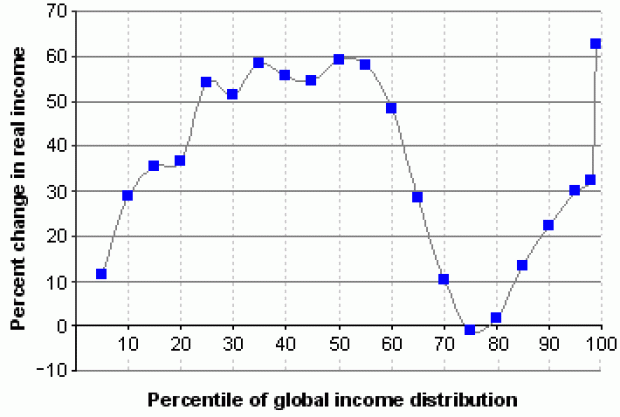Now that inheritance tax is back in play in this election season perhaps time to think about the basic problem with it:
The Tories suffered a blow on Sunday when the Institute for Fiscal Studies warned that a pledge to raise the inheritance tax threshold on family homes to £1m would disproportionately benefit richer people.
As David Cameron tried to reset the faltering Tory campaign by declaring that he was championing the “Conservative dream”, the IFS described the inheritance tax pledge as “rather odd” special treatment for homeowners.
Leave aside the specific details of this or that pledge and consider the very basics.
We're told, as with Rawls and the veil of ignorance, that it's simply wrong for the members of the lucky sperm club to inherit gazillions. Further, that inheritance tax doesn't actually have any effects upon incentives: it cannot, as the people who face the incentives are by definition dead at this point. The argument then becomes, in some quarters, only about how much to tax inheritances. Should it be at 100% or should the kiddies get some pocket money perhaps?
We exaggerate, but only a little. There really is a consensus that inheritance taxes are not distorting and thus are "good taxes" in a manner that income and or capital taxes are not.
And we're really not sure about that. For we do think that while logic is all very well it is necessary sometimes to look at what people actually do. This idea of revealed preferences: forget what people should do, what we want them to do, what they say the will do or that they believe and look at what they actually do to divine their thought processes. And the truth there is that just about everyone will do their utmost to avoid (and many to evade) paying inheritance taxes upon their estate, even when they really are dead and gone. We must therefore conclude that this is, despite the logic and the ideas of fairness, something that really does motivate people. And if that is true then such taxation cannot in fact be non-distorting.
This is something that was rather missed by Thomas Piketty. He talks, extensively, of the bourgeois historical novels and their tangled tales of who gets what from which estate. To bemoan the manner in which this stratifies society which might be fair enough. But he misses the point that these were the best sellers of their day and the attention paid by the bourgeois writers and readers back in history shows that who gets what from which estate was important to them. As the stampede to keep today's inheritances out of the taxman's hands show it all is today.















